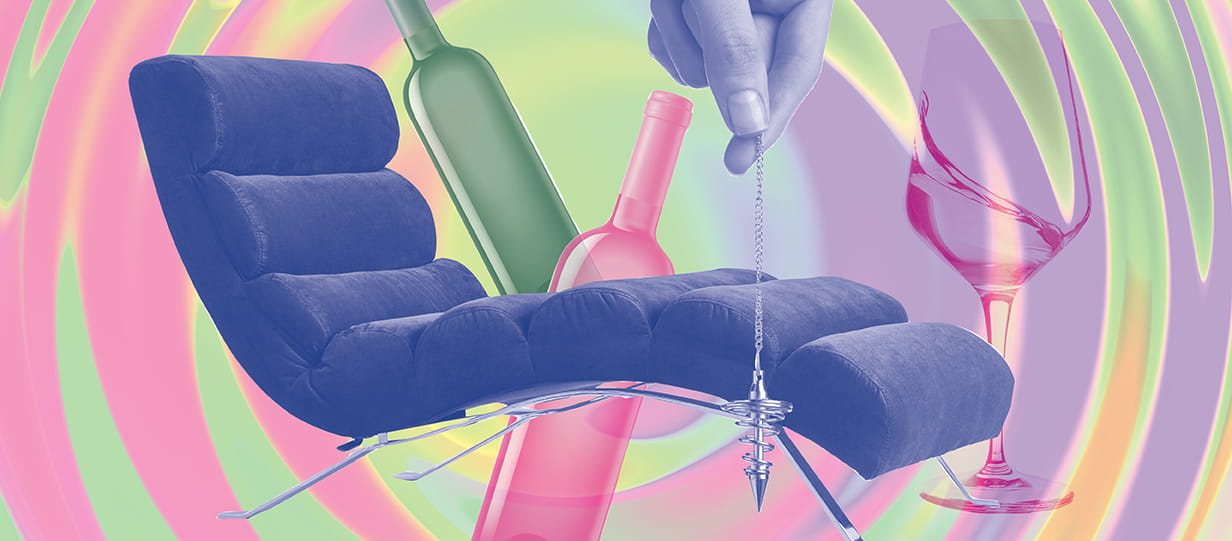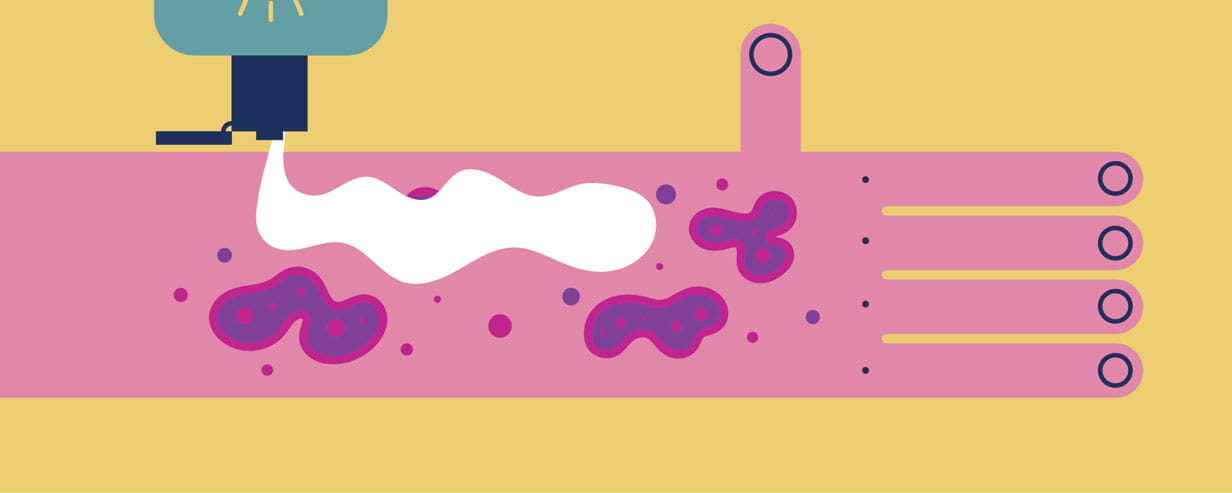Health & Wellbeing
Our experts show you simple and effective ways to stay healthy and active, so you can live your passions every day.

How our brains change at 66 and 83
We examine the science and how to best look after our brain as we get older.

The 7 signs you need a new pillow
Sleep experts say a worn out pillow could be sabotaging your sleep.

The surprising link between calf muscles and dementia
Strong calves for a strong mind: how they support our circulation and brain health, with easy moves to strengthen yours at home.

I tried hypnotherapy to cut down on alcohol
Could hypnotherapy help our writer cut back on her nightly glass or three of wine?

What to eat in your 60s, 70s and 80s
Expert nutritionists break down the most important foods to eat in each decade as we get older.

Dr Miriam Stoppard: 4 ways to help combat loneliness
With almost half of us feeling lonely every week, our relationship expert shares her advice on simple actions to break the cycle of loneliness.

Why am I bruising so easily now I'm older?
Dr Mark Porter advises on senile purpura, a type of bruising that is common as we age.

14 simple habits that could transform your life this year
We asked the experts for the small changes that can have the biggest impact on our health, mood and resilience.

Vitamin D: are you taking the right kind?
We explain the difference between D2 and D3 and if a higher dose is always better.

I tried fermented food for a month and this is what happened
Is eating fermented good for you? Our writer gave it a go for four weeks, with some mixed results.

10 things you might not realise your pharmacist can do
Your neighbourhood pharmacist now offers a surprising number of services.

Heart valve disease is on the rise. Here’s all you need to know
We share the warning signs and examine the treatments available.

RSV vaccine: over 80s can finally get their free jab
At last – people over 80 are eligible for the RSV vaccine after a government change of heart.

Warm wearables: how to stay toasty without turning up the heating

For a limited time, enjoy 3 issues of Saga Magazine for just £1. Receive the next 3 print editions delivered direct to your door, plus 3 months’ unlimited access to the Saga Magazine app—perfect for reading on the go.
Don’t miss your chance to experience award-winning content at an exceptional price.
Play our free daily puzzles
Beat the boredom and exercise your mind with our selection of free puzzles.



